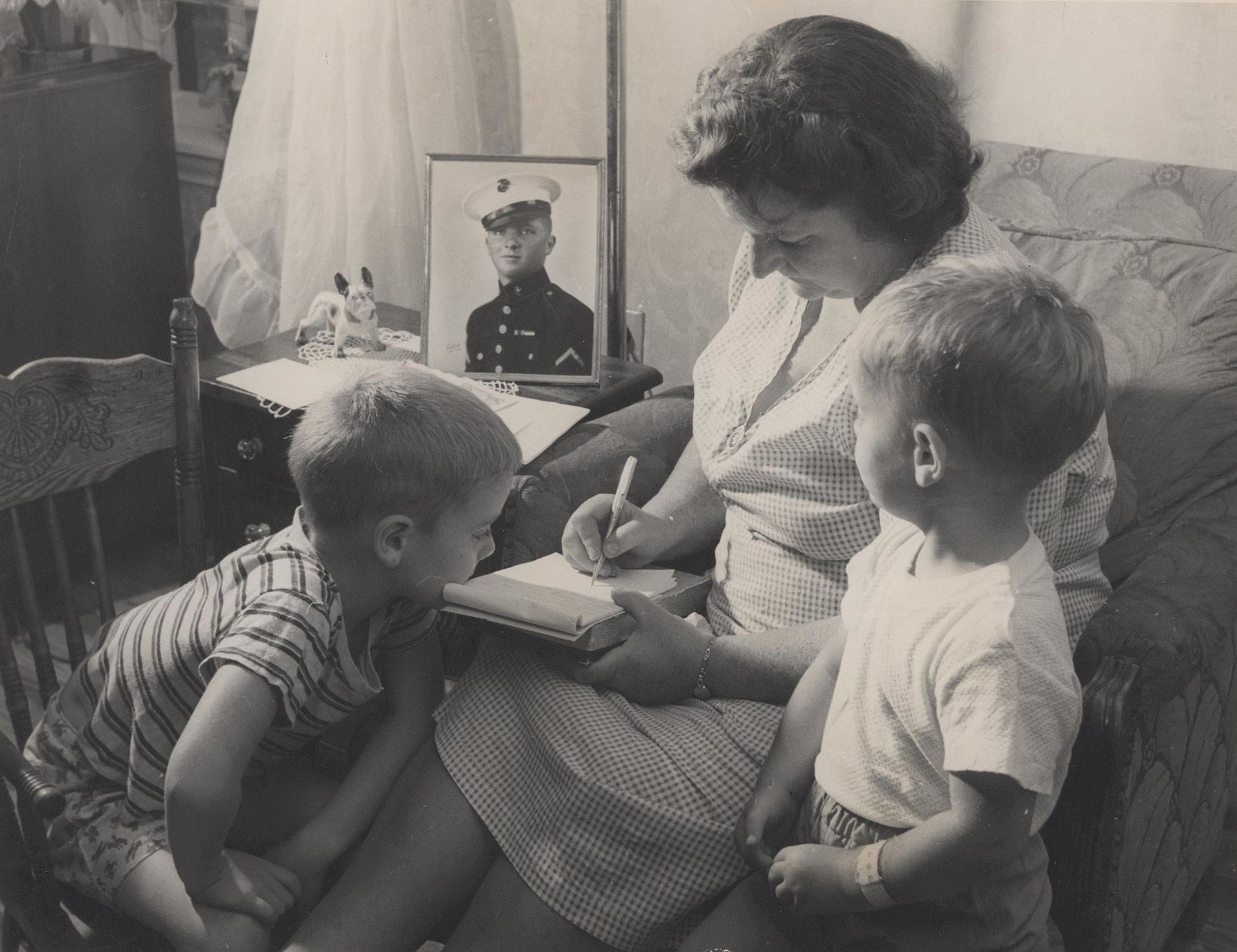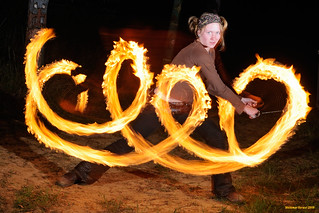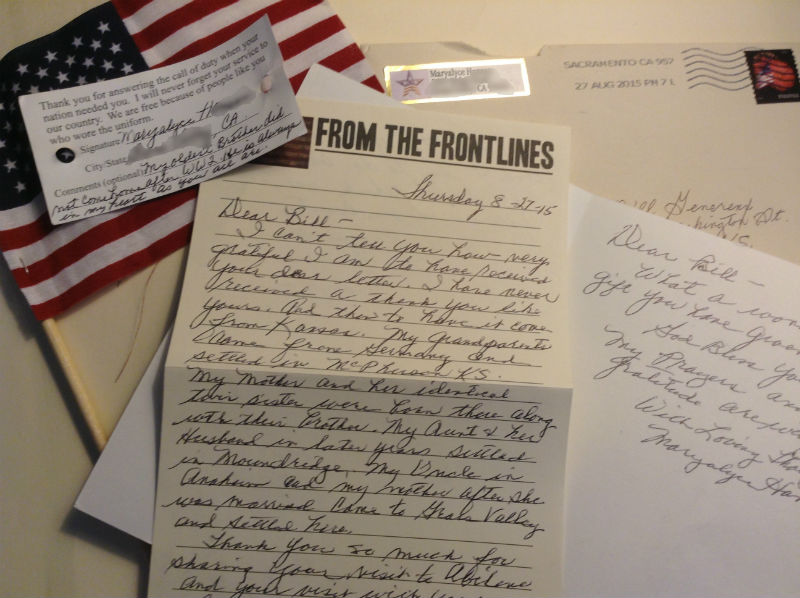Category Archives: Writing Assignments
Monday Feb 18 Writing
I wrote two pieces yesterday. One was about the food served aboard ship. I have been conversing with Desert Storm Navy vets about their favorite shipboard meals. Breakfast was a favorite, especially when fresh milk was available. Total length of that effort was 920 words.
I also wrote a piece on the daily routine aboard ship. I was having trouble remembering specific times that certain things occurred so I will have to do more research on that. But I covered things like morning quarters, sweepers, working hours at sea vs in port. Total length of that piece was 860 words.
Also watched about an hour of PBS Frontline special on Desert Storm.
Total for day was 1780 words. If I can maintain that pace this will be my best week.
Authentic Writing Assignments

One of my deepest frustrations that I felt as an undergraduate student were the “contrived” assignments that I was given in the courses in my major of computer science. In my introduction to networking class, we did a lot of readings from the textbook and memorized a lot of facts for the exams we took, all while I was working as an IT director redesigning and installing my first network at the school where I was working. In my database class, we did some case studies of fictitious companies from our textbook, and actually created some databases in MS Access. That was happening while I was working for a municipal utilities department responsible for creating databases that tracked and reported data on water usage in the city.
Now I’m on the other side of the equation, a college teacher. I realize that sometimes we have but little choice but to “make up” scenarios for students to explore and experience. However, when it’s possible, I am a big believer in setting up authentic learning experiences. The more realistic a learning experience is, the messier things can get. I think this may be one limiting factor that makes educators favor the contrived over the authentic. We can make things cleaner and go smoother if we pre-plan every detail in advance. But life never works that way. Usually in life when we embark on a new project, we have no idea of how things will ultimately turn out.
One of the greatest things that our digitally-connected world has to offer students is a learning environment in which the classroom can extend out into the world. This can happen in numerous ways. For example, Mystery Skype is an activity where classrooms in different parts of the world can connect and play a guessing game trying to learn where the other class is located. Experts can interact with students through live video conference, or other online platforms like Twitter.
In many writing assignments, the work is assigned by the teacher, then the student completes the writing work knowing full well that the only reader of the work will be the teacher/grader. If you’ve ever read this type of writing, it often consists of the student writer imagining what the teacher expects, and typically the writing is just as artificial as the assignment.
Early in my teaching career, I was frustrated by my students’ writing. I wanted to have writing and communication assignments that were more authentic and real than the teacher-as-audience type of assignment. I read a piece by Connecticut middle school teacher Paul Bogush, describing how his students were motivated by writing for a global audience, rather than the traditional teacher audience, and it spoke to me.
Why not have students write for a wider audience? Why not assign projects and assignments that have potential for having an impact on the outside world? In a world where information is freely available but the quality varies wildly, why not have students share what they are learning with the world? What great practice it is for students to share what they learn and believe, so long as they are asking deep questions, and doing what they can to find evidence-based answers to these questions.
One suggestion I’ve read, and I forget where I found it, is to simply write a letter to a loved one about what is being learned. Explain something complex in terms that a non-expert can understand. I think that is a good place to start. I’m still exploring this idea. How can I create assignments and projects that students will get excited about working on? How can I get them to want to make a difference with the work they are doing in school? I think the more real, the more authentic, the more relevant these assignments and projects are, the better.
Fire Writing

An Audience of One
Photo Credit-Jim Richardson
I just visited a website of an unnamed person doing the DS106 digital storytelling course and I experienced a classic error that my own students tend to do when I ask them to publish school work in a blog format. That person wrote for an audience of one – the teacher. There was a generic reference to the chapter, but no indication of what the text might have been. So a random visitor from the Internet – me, has no context for what I am reading and no way to learn more about it myself.
Have you ever stumbled into a conversation that really wasn’t meant for you? Awkward, isn’t it? That is what these sort of posts do to the reader. How much better would it be to envision a broader possible audience and write to that audience? After all, whenever you publish anything to the web, indeed you do have a very broad potential audience, don’t you?
I think students everywhere would do well to adopt this practice in all of their classes, and their writing would immediately improve. Stop writing for an audience of one – the teacher, and start writing for a broader audience. What might your grandmother want to know about this topic? A long-lost friend? A random stranger on the street? How would having a larger audience upon whom you would like to make a good impression affect the tone and style of what you write?
If you will simply write for this larger audience in mind, and stop writing what you think your teacher might wish to hear, everyone involved will appreciate it, including your teacher, because you will be doing better writing.
A Letter From Out of the Blue
Recently, my family and I were visiting the Eisenhower Center in Abilene, KS for a quick “staycation” not far from home. My daughter noticed a basket full of little American flags with notes intended for veterans of the US armed services. I picked one out for you, Dad, she said. So I took it home with me.
The note came from elderly woman from California, and I received it here in Kansas. My note reads: “My oldest brother did not come home after WW2. He is always in my heart as you all are.”
Since her full name was on the note, and a hometown, I was able to do a little digital detective work and find a street address. I sat down and wrote the woman a thank you letter and dropped it in the mail. I’m not exactly sure when was the last time I mailed a hand-written letter, but it has been some time. About a week later, I was pleased to receive a reply in the mail from her. What a treat it is to receive mail that is something besides bills or advertisements!
So this is my assignment for you. Sit down and write out a letter longhand to someone who will appreciate it.Be sure to get some evidence of your “snail mail” exchange, either by photographing your letter, or even better still, the reply you got back. Extra internet points if you do like I did and write it to someone whom you do not know, but still feel a common connection with.
